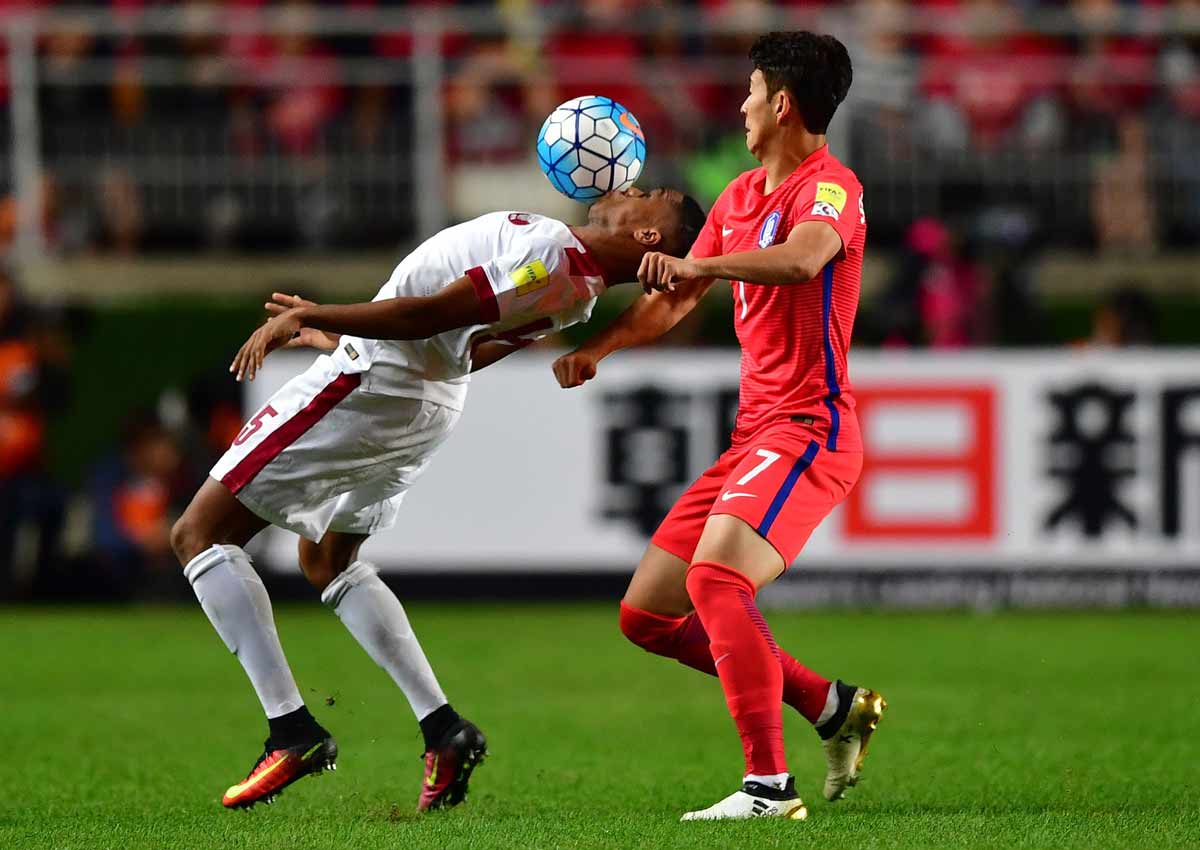KUALA LUMPUR – Asia’s football chief said the region “deserves more slots” at the World Cup, as FIFA’s decision to expand the tournament to 48 teams from 2026 was cheered in countries from China to New Zealand.
Sheikh Salman bin Ebrahim Al Khalifa said Asia’s size and economic might merited more than its current allocation of four guaranteed spots, which is expected to rise to eight.
Chinese state media said the move could help realise the country’s “dream” of returning to the World Cup, while New Zealand, which looks set to be a key beneficiary, called the move “fantastic news”.
Many critics have rounded on the decision, complaining it will dilute the quality of the World Cup and saying it was driven by hunger for profits and political gain.
But Sheikh Salman, president of the Asian Football Confederation (AFC), said it would have a “positive impact on Asian football”.
“We believe that Asia, as the biggest continent, deserves more slots compared with the current quota, looking at the economic power it has, and the popularity for the game in Asia, in addition to the huge development for football at all levels,” he said in a statement.
Sheikh Salman is a vice-president of the FIFA Council, which on Tuesday approved the move to increase the number of World Cup competitors from 32 to 48 teams, the biggest rise in its history.
The expansion was a key election promise of FIFA president Gianni Infantino, who beat Sheikh Salman to the post in polls early last year.
A confidential FIFA report seen by AFP forecasts a 48-team tournament would bring a cash boost of $640 million (605 million euros) above projected revenues for next year’s edition in Russia.
Asian countries have largely failed to make an impact at the World Cup, which is dominated by European and South American teams, although co-hosts South Korea reached the semi-finals in 2002.
In China, who are 82nd in the FIFA rankings but have set their sights on becoming a global football power, the official Xinhua news agency said FIFA’s move represented a big opportunity.
“Even if the levels of skill and strategy in the Chinese men’s football do not grow in leaps and bounds by 2026, the initial objectives of (China’s) football reform will have been realised,” a Xinhua commentary said.
“By then, with the added bonus of World Cup expansion, it is highly possible that China’s return to the World Cup will no longer be just a dream.” Football Federation Australia chief executive David Gallop said FIFA’s move “recognised the growth of the game outside of Europe and South America”.
“As the quality of Asian football continues to improve, AFC member associations will justifiably deserve greater representation at the FIFA World Cup,” he said in a statement.
Japan coach Vahid Halilhodzic said the expansion “makes sense”, while Japan Football Association chief Kozo Tashima told local media: “We would like to see the extra profits shared with many countries.
“We will discuss the issue of Asian slots but we would hope they will be increased by one, two or three.” New Zealand look certain to qualify if Oceania, by far the weakest of the six FIFA confederations, get a guaranteed World Cup spot.
New Zealand Football chief Andy Martin hailed the prospect of “giant-killing” opportunities and said any surprise results in the World Cup will “add to the quality of the competition, no doubt”.
American Samoa’s football body jokingly tweeted: “Congratulations @NZ-Football who have qualified for the 2026 World Cup!”







